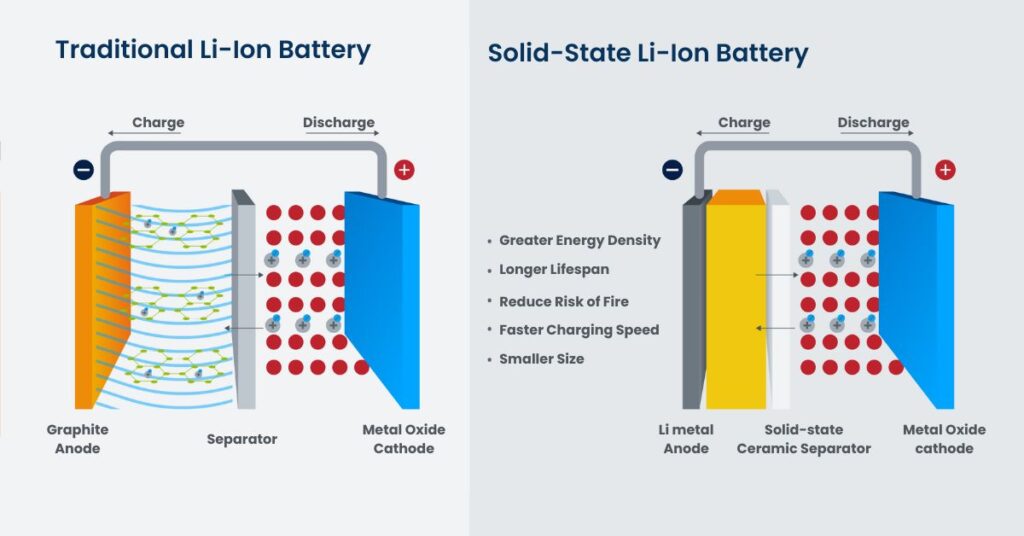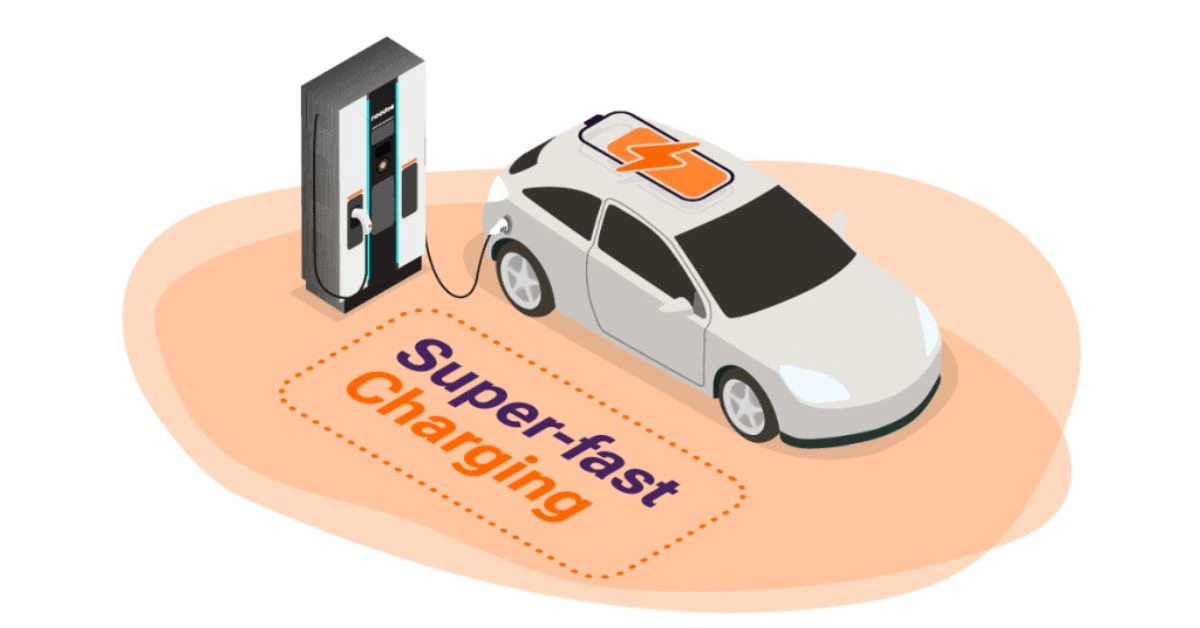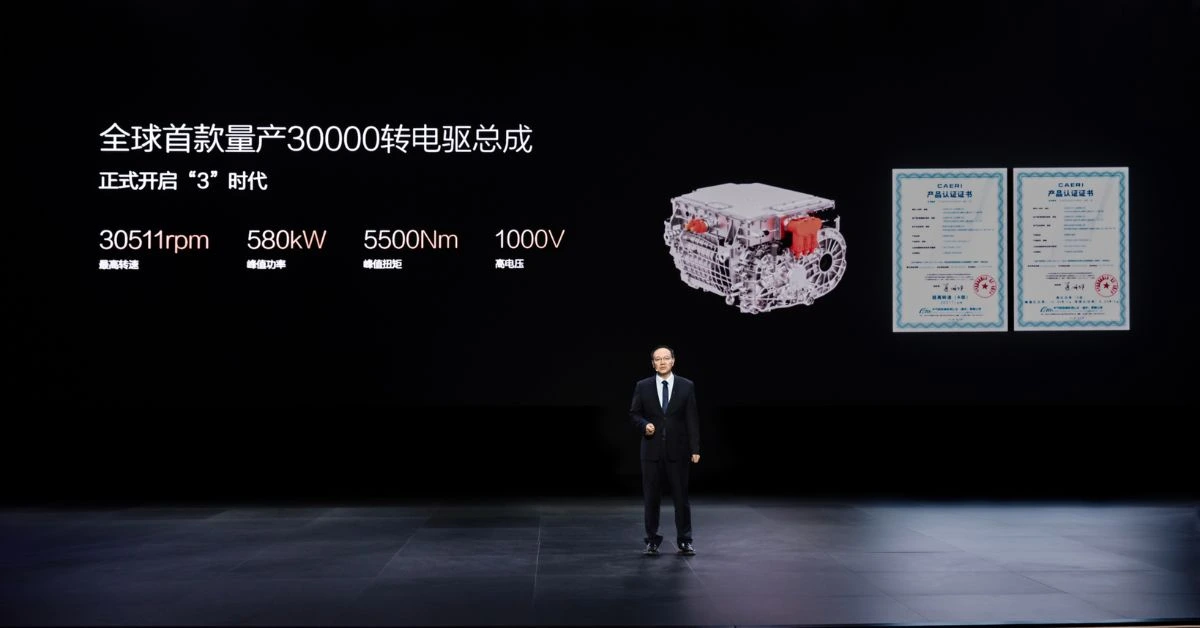Solid-State Li-Ion Batteries: Future of Electric Vehicles
The global shift toward electric vehicles (EVs) is gaining momentum, fueled by the growing demand for cleaner, more efficient energy solutions. One of the key advancements driving this transformation is the development of solid-state Li-ion batteries. These next-generation batteries promise to address the limitations of conventional lithium-ion batteries, offering significant improvements in energy density, charging speed, and safety. In this article, we’ll explore what makes solid-state Li-ion batteries stand out and how they’re poised to revolutionize the electric vehicle (EV) and energy storage industries.
Table of Contents
What Are Solid-State Li-Ion Batteries?
Solid-state Li-ion batteries are a type of rechargeable battery that replaces the liquid or gel electrolytes found in traditional lithium-ion batteries with solid electrolytes. This innovation not only enhances the battery’s performance but also addresses some of the key issues associated with liquid-based battery systems. By utilizing solid materials like ceramics or sulfides for the electrolyte, these batteries offer greater energy density, improved safety, and faster charging times.
Key Differences Between Solid-State and Traditional Li-Ion Batteries
| Feature | Solid-State Li-Ion Battery | Traditional Li-Ion Battery |
|---|---|---|
| Electrolyte | Solid | Liquid/Gel |
| Energy Density | Higher | Lower |
| Safety | Non-flammable | Flammable |
| Charging Speed | Faster | Slower |
| Durability | Longer lifespan | Shorter lifespan |
| Temperature Tolerance | Wider range | Sensitive to temperature |
Advantages of Solid-State Li-Ion Batteries

1. Higher Energy Density
Solid-state batteries can store significantly more energy than traditional lithium-ion batteries in the same amount of space. This increase in energy density means that electric vehicles (EVs) powered by solid-state batteries can achieve longer driving ranges on a single charge, helping to overcome one of the most common concerns for EV owners—range anxiety.
2. Faster Charging Times
Solid-state batteries’ standout benefits are their ability to charge much faster than their liquid counterparts. This is particularly crucial in the EV sector, where long charging times have been a barrier to broader adoption. With solid-state technology, EVs can potentially be charged in a matter of minutes, much like refueling a conventional vehicle.
3. Enhanced Safety
Traditional lithium-ion batteries use flammable liquid electrolytes, which pose a risk of fire or explosion, especially in high temperatures or if damaged. Solid-state Li-ion batteries, on the other hand, are far safer because their solid electrolytes are non-flammable. This makes them a safer option for EVs and other applications requiring high reliability and safety.
4. Longer Lifespan
The solid electrolyte in these batteries is less prone to degradation compared to liquid electrolytes, which can corrode and reduce the battery’s lifespan over time. As a result, solid-state batteries can last longer, providing more value over their lifetime.
Applications of Solid-State Li-Ion Batteries
1. Electric Vehicles
The potential for solid-state batteries to improve EV performance is immense. With higher energy density and faster charging capabilities, EVs powered by solid-state batteries could become more practical for everyday use, making the transition to electric mobility even more attractive to consumers worldwide.
2. Portable Electronics
As smartphones, laptops, and other electronic devices continue to shrink while requiring more power, solid-state batteries could play a major role in providing long-lasting power in compact, lightweight designs. Their faster charging times and high energy storage make them an excellent choice for the portable electronics market.
3. Energy Storage Systems
In the renewable energy sector, where efficient energy storage is essential for managing supply and demand, solid-state batteries can help provide reliable and long-lasting storage solutions. Their ability to operate across a wide range of temperatures and environments makes them ideal for integration with solar and wind power systems.
Challenges in Manufacturing Solid-State Li-Ion Batteries
While solid-state batteries hold great promise, there are still several challenges to overcome before they become widely available in the market.
1. Moisture Sensitivity
Many solid-state batteries use sulfide-based electrolytes, which are highly sensitive to moisture. To prevent degradation, battery manufacturers need to maintain strict environmental controls, including the use of desiccant dehumidifiers to manage humidity levels during production. This makes manufacturing solid-state batteries more complex and costly compared to traditional lithium-ion batteries.
2. Cost
Solid-state batteries are currently more expensive to produce than conventional lithium-ion batteries due to the materials used and the complexity of the manufacturing process. However, as production scales up and technology improves, the cost of these batteries is expected to decrease over time.
3. Scaling Production
Although solid-state batteries have been successfully demonstrated in lab settings, scaling production to meet global demand remains a significant hurdle. Companies are investing heavily in research and development to overcome these challenges and bring the technology to mass production.
The Road Ahead: Solid-State Li-Ion Batteries in the Future
The race to develop efficient and cost-effective solid-state Li-ion batteries is well underway. Leading companies like Toyota, Samsung, and Ford are actively working on bringing this technology to market. Researchers are continuously developing new materials and techniques to enhance battery performance and reduce costs.
Potential Future Trends
- Mass Production: Advances in manufacturing techniques will likely make solid-state batteries more affordable and available at scale, paving the way for their widespread adoption in EVs and portable electronics.
- Improved Materials: Continued research into alternative solid electrolytes, such as lithium metal and other ceramics, will enhance battery performance, making them even more energy-dense and safer.
- Sustainability: As the world shifts toward cleaner energy, solid-state batteries could play a crucial role in reducing the environmental impact of both transportation and energy storage systems.
Conclusion
Solid-state Li-ion batteries represent a revolutionary shift in energy storage technology, offering numerous advantages over traditional lithium-ion batteries. With higher energy density, faster charging times, and improved safety, these batteries have the potential to redefine the future of electric vehicles and portable electronics. However, challenges such as manufacturing complexity and high costs still need to be addressed before they can be widely adopted. As research and innovation continue, solid-state batteries are poised to play a key role in the global transition to cleaner, more efficient energy systems.
Read Also: Will Electric Car Prices Drop By 50%? See What Goldman Sachs Research Says.
FAQs About Solid-State Li-Ion Batteries
1. What makes solid-state Li-ion batteries safer than traditional lithium-ion batteries?
Solid-state Li-ion batteries use non-flammable solid electrolytes, eliminating the risk of fire or explosions that are common with liquid electrolytes in traditional batteries.
2. How much more energy can solid-state batteries store compared to conventional Li-ion batteries?
Solid-state batteries can store up to 72% more energy by weight and 95% more energy by volume compared to conventional lithium-ion batteries, making them highly efficient for various applications.
3. Why is manufacturing solid-state batteries more challenging?
Manufacturing solid-state batteries require precise environmental control to prevent moisture from degrading the materials, and the process is currently more expensive than producing traditional lithium-ion batteries.
4. When will solid-state batteries become commercially available?
While many companies are working on solid-state battery technology, it is expected that large-scale commercial production will begin in the next few years, possibly by 2025, as research and development continue.
5. Can solid-state batteries be used in electric vehicles?
Yes, solid-state batteries are seen as a game-changer for electric vehicles, offering higher energy density, faster charging times, and better safety features compared to traditional batteries.



